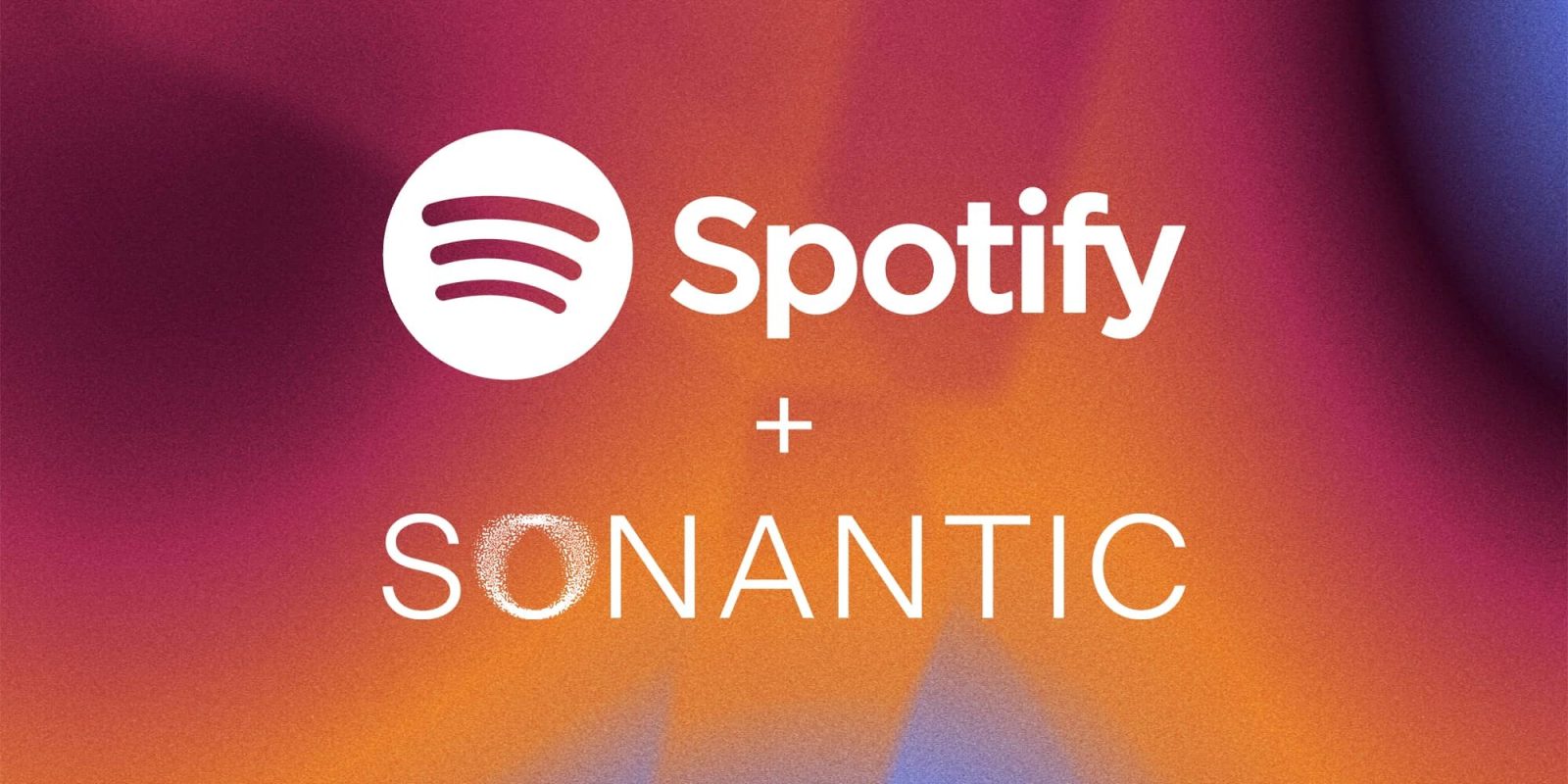To differentiate itself from competitors like Apple Music, Spotify has constantly added new features to its platform. Sonantic, an AI Voice Platform that creates realistic voices from text, was acquired by the company today. As Spotify invests in AI, the popular music and podcast streaming platform may undergo long-term changes.
Sonantic is a speech AI platform established in London that claims to be able to create “compelling, nuanced, and amazingly lifelike voices from text.” Sonantic claims that its “technology is poised to revolutionize game and film production” on its website.
Must Read: Apple To Challenge Spotify in Paid Podcast Push
Sonantic was founded in December 2018 by Zeena Qureshi and John Flynn, who have backgrounds ranging from speech and language therapy to Hollywood sound production. Sonantic’s CEO and Co-founder, Zeena Qureshi, explains in a blog post that the company’s work is divided into two parts.
To begin, Qureshi claims that the company develops “high-quality voice technology for studios.” “We’re saving creators time and money on traditional voice recording while transforming their scripts into immersive story voices in real-time,” Qureshi adds.

The platform’s other line of business involves collaborating with professional actors to “create models of their voice.” According to Qureshi, “every time an actor’s synthetic voice is used, they receive a profit share without having to perform the labour themselves.”
Spotify’s AI acquisition adds new text-to-speech features to the platform. Furthermore, the company stated that it believes demand for high-quality voices will continue to rise in the long run.
Must Read: Breaking: Spotify acquires Betty app
“When users aren’t looking at their screens, we could use voice technology to provide context about upcoming recommendations. Using voice in these situations can lower the barriers to creating new audio experiences—and open the door to even more possibilities.” Ziad Sultan, Spotify’s Vice President of Personalization
“When users aren’t looking at their devices, voice technologies may allow us to provide context for upcoming recommendations. In these situations, using voice can help break down barriers to new audio experiences and open up even more possibilities.” He adds.
Sonantic co-founders Zeena Qureshi and John Flynn said in a joint statement. “We believe in the power of speech and its potential to develop a deeper connection with listeners all around the world, and we know we can be better than ever on the world’s largest audio platform,”



